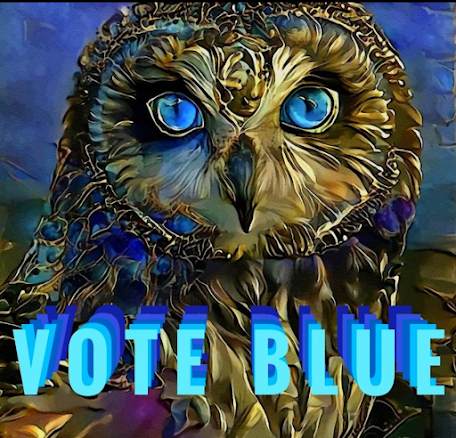Torturing the poor in America

Have you ever noticed that our society in the USA is a society favoring the wealthy and torturing - or at the very least, tormenting, the poor?
Think about it. Those who cannot afford to pay their utility bills on time, but have to wait for the next paycheck, usually end up paying exorbitant late fees. Even worse, their utilities can be cut off, costing them a reconnect fee. So, the poorest in America end up spending MORE for utilities than the wealthy.
Is this fair?
If this is fair and right, then I guess maybe Hillary and Obama are correct to want to ban payday loan companies.
Why help the poor keep their lights on?
After all, they DO have other options...
1) They can try to float a check, in other words, write a bad check and pay the bank's insufficient fund fees. Of course, some of them don't even have checking accounts and even if they do, the bank will catch on sooner or later and start allowing the checks to bounce.
2) They can let the lights get cut off and have to pay a reconnect fee. Their kids can't take a hot bath for a few days, but who cares?
And ummm.... I guess that's it, there are no other options.
Get real politicians. Poor people would rather pay the interest fees and KEEP their utilities ON!
They tried this in the state of Georgia.. and here's what happened...
The study found that bounced-check fees grew by $36 million and Chapter 7 bankruptcy filings rose by almost 9 percent in Georgia after payday lending was banned. What's worse: Bouncing checks and wrecking your credit rating, or paying a lender $15 for a $100 advance on your paycheck?
Full Story at CSM


The opinions of millions of hard-working payday advance customers have been lost in the debate over payday lending. Their voices are overshadowed by critics who have never actually used the service or ever even needed to. Our customers are real people who use payday advances to solve real problems.
ReplyDeleteCritics of the payday advance industry claim to be representing the best interest of the consumer, yet their mission is to take a financial choice away from consumers. Unlike those who oppose virtually every consumer choice when it comes to short-term credit, we believe consumers are very capable of making decisions about what financial products work best for their families.